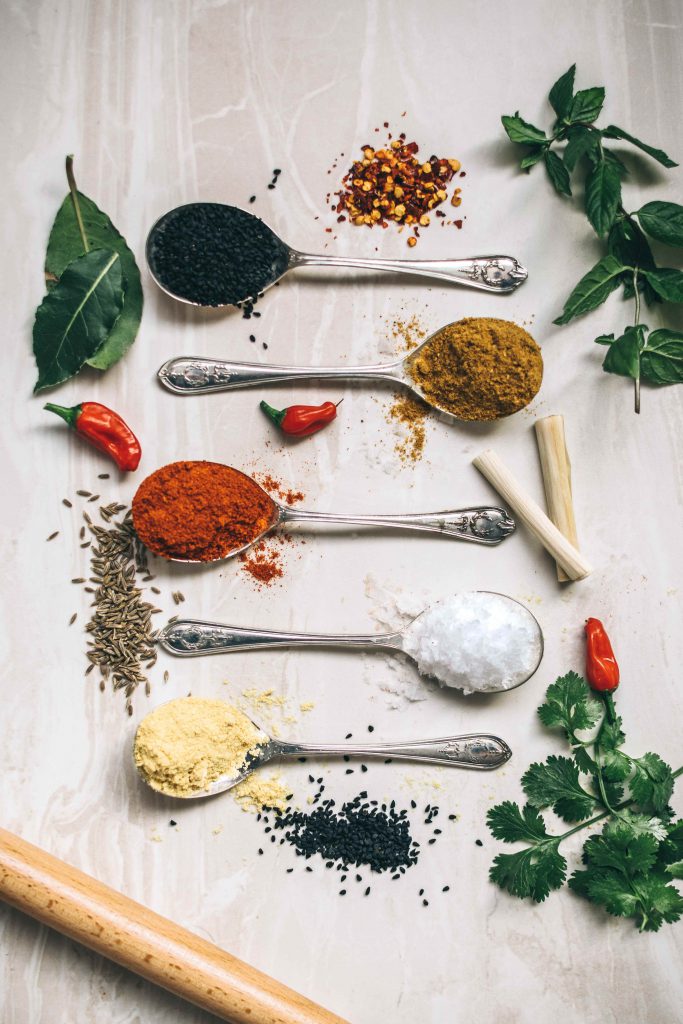Hot stuff! Are chillies good for your health?
We all understand that what we eat can have an impact on our health. And it’s also generally pretty clear that ‘a balanced diet’ is the way forward. But what’s harder to disentangle from a fair amount of conflicting advice is what exactly we should eat in terms of specific foods.
For example, a few years ago there was quite a lot in the press about ‘superfoods’, a description used for a group of unrelated foods including blueberries and tomatoes. The idea was that these foods offered massive benefits to our health: antioxidants, vitamins, and various other good things. The use of the word seems to have fizzled out since the EU stepped in and said it could only be used as a description where there were genuine scientifically-proven benefits.

In 2015, an article in the British Medical Journal brought this episode to mind.
The article was a reasoned and balanced report of a recent study into eating spicy food. The study contained half a million participants across several regions in China. The researchers had asked people how often they ate spicy food, and then matched that data with death rates over a follow-up period of at least five years. The study methods seemed to be pretty robust.
The findings are fascinating.
Put simply, eating spicy food at least once a week was related to a reduced risk of dying, compared with those who ate spicy food less often. Eating more spicy food seems to be linked to a greater reduction in risk. The link was stronger in those who did not drink alcohol.
This study does not stand alone.
The major criticisms for the aforementioned study were largely aimed at a lack of supporting research. For all we know, the long-living spice fans may have all been biological anomalies.
However, last year researchers from the University of Vermont set out to provide some support to these findings. The study analysed over 16,000 American men who had completed the National Health and Nutrition Examination Survey between 1988 and 1994. They observed the men over a period of 19 years and found that roughly 34% of them died. Once the data was restricted to just those who ate chilli peppers the figure dropped to 22%.
The researchers predict that the 13% lower risk of death could be due to the ‘capsaicin’ found in the peppers. Capsaicin is known for its health benefits and is occasionally used as a treatment for arthritis as well as an effective painkiller.
The co-author of the study, Dr Benjamin Litternberg, said the findings from his team’s research support the 2015 study by showing “a significant decrease in mortality associated with hot red chilli pepper consumption.”

Does this mean you should start eating more chillies?
Not necessarily.
Both studies do not prove that eating chillies caused the reduction in risk, only that the two were related. This means that it could have been caused by something else that often happens when people eat chillies – they might, perhaps, drink more water, or possibly even milk, and this could be having the beneficial effect instead of the chillies themselves.
The researchers from the University of Vermont said they attempted to account for factors that may have affected their results such as, dietary factors, income and age, but admitted themselves that other health and lifestyle factors may have influenced the findings.
That said, the health benefits of capsaicin should not be ignored as other studies have added to its ever-growing list of marvels, highlighting its potential anti-inflammatory effects. The BMJ, however, sounded a warning note in pointing out that there has been no large-scale study of the benefits and possible problems associated with consumption of spicy food.
In the meantime, if you’re wondering whether or not to eat more chillies we suggest that, as with all things, moderation is key.
If you enjoy eating spicy food, there seems no reason to stop based on evidence from these studies, and every reason to continue. But if you don’t, there doesn’t seem to be any need to worry or to force yourself to eat spicy food ‘because it’s good for you’.
Medstars Medical Concierge Service
Looking for extra guidance when it comes to your healthcare? Sometimes interpreting medical information and making the best decisions can be daunting and complicated. Our private medical concierge service provides easy access to top UK health experts. We guide our patients with genuine choice and trust, offering a bespoke service for anyone in the world seeking private UK healthcare. Learn more about Medstars Medical Concierge Service. Want to learn more about providing our medical concierge service as an employee benefit? Learn more about Medstars Medical Concierge for Business.
